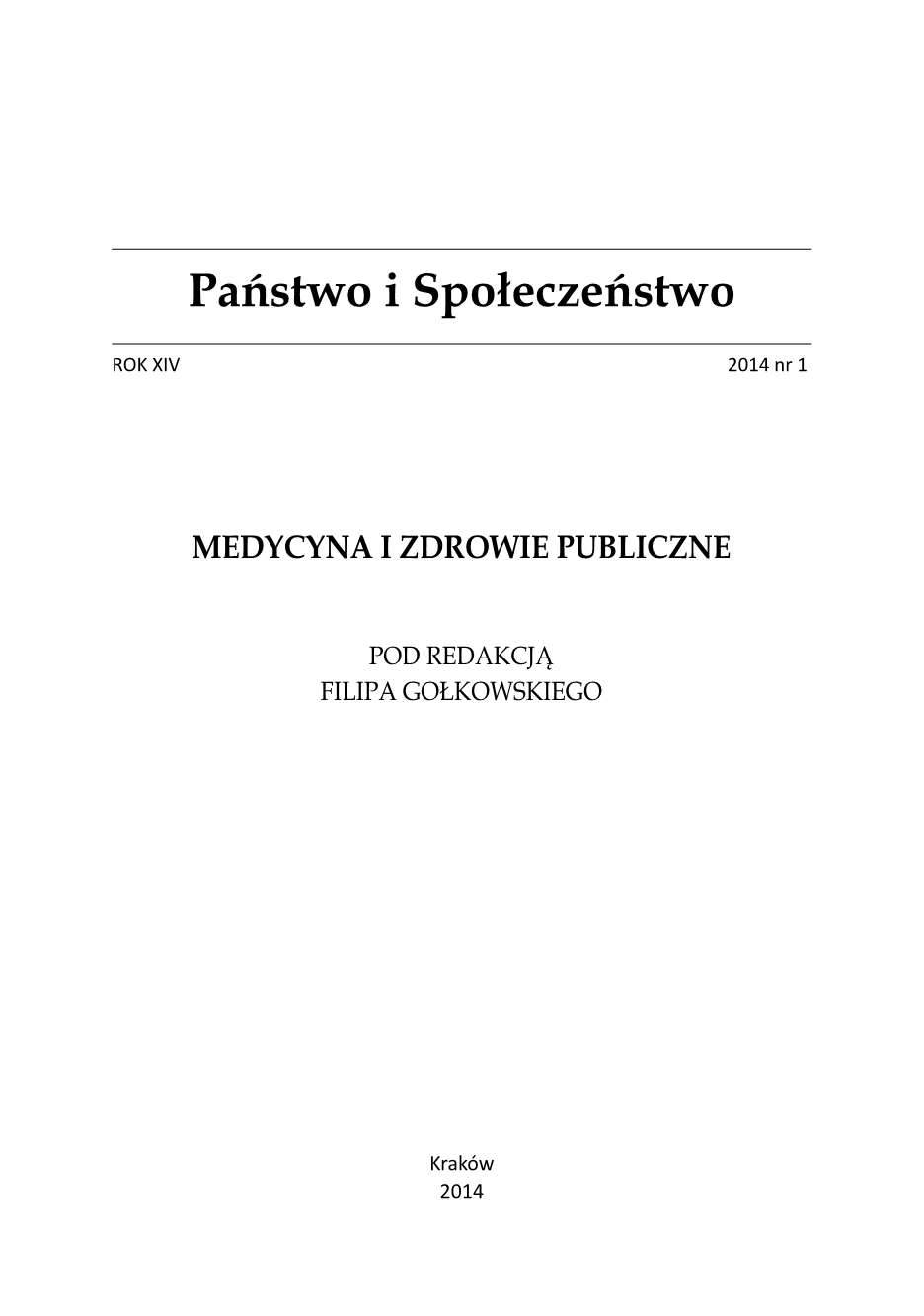Ocena stopnia przestrzegania zaleceń terapeutycznych wśród uczestników Uniwersytetu Niegasnącej Młodości i szkoleń dla pacjentów i ich rodzin
The assessment of level of adherence among participants of Undying Youth University and training for patients and their family
Author(s): Irena MilaniakSubject(s): Evaluation research, Health and medicine and law
Published by: Oficyna Wydawnicza AFM Uniwersytetu Andrzeja Frycza Modrzewskiego w Krakowie
Keywords: adherence; life style; patient;
Summary/Abstract: Non-adherence regarding pharmacotherapy and lifestyle – is aware non-adherence of the therapeutic team recommendations (total or partial, permanent or temporary). This phenomenon presents many dangers, particularly in the treatment of chronic diseases. Appropriate treatment of diseases requires compliance with recommendations for lifestyle. The objective of the study was assessment of adherence among the participants of the Undying Youth University and training for patients and their families. The study was conducted among 66 participants in the of Undying Youth University and training for patients and their families in John Paul II Hospital in Krakow. To conduct a study there were used a Modifi ed Morisky Scale and authorship questions concerning lifestyle, causes of non-compliance and methods to improve adherence. The study group comprised 14 M and 52 F. Respondents rated their level of compliance on average 7.78 on a scale of 0 to 10. 66.66% of the study group forgot to take medication, 51.51% wasn’t adhere to the hours of medication, 28.71% skips a dose, if it feels good and 31.81% when feel bad. 66.66% were informed about the action of drugs and 81.81% do not forget to renew prescription for medication. BMI of the study group averaged 26.24. 50% at least once a week practicing physical activity. The majority reasons for non-adherence were: difficult contact with the doctor, concern about the adverse effects of the drug, concern about interactions with other drugs, the high price of the drug, lack of understanding of the principles of treatment. For better compliance the group would make: training for patients, personal beliefs, cheaper drugs. The study group had a low level of motivation (forgetfulness, failure to hours, and interruption of treatment) with a high level of knowledge. Therefore there is a need to change behaviour through training to patients for the scope of treatment compliance.
Journal: Państwo i Społeczeństwo
- Issue Year: XIV/2014
- Issue No: 1
- Page Range: 9-22
- Page Count: 14
- Language: Polish

